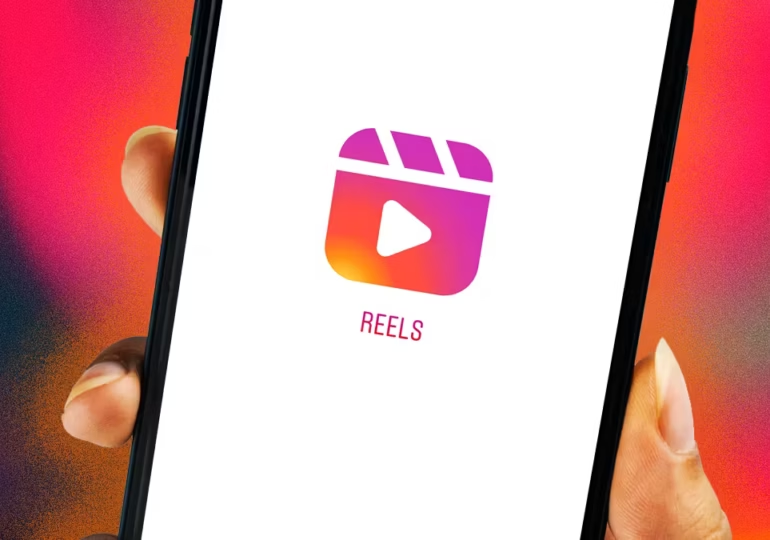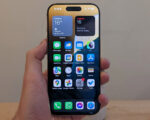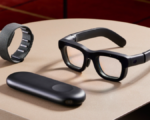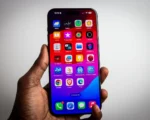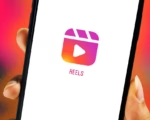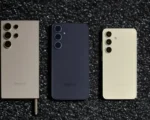Google Patents AI-Powered Smart Glasses Assistant That Tailors Suggestions Based on Gaze and Voice
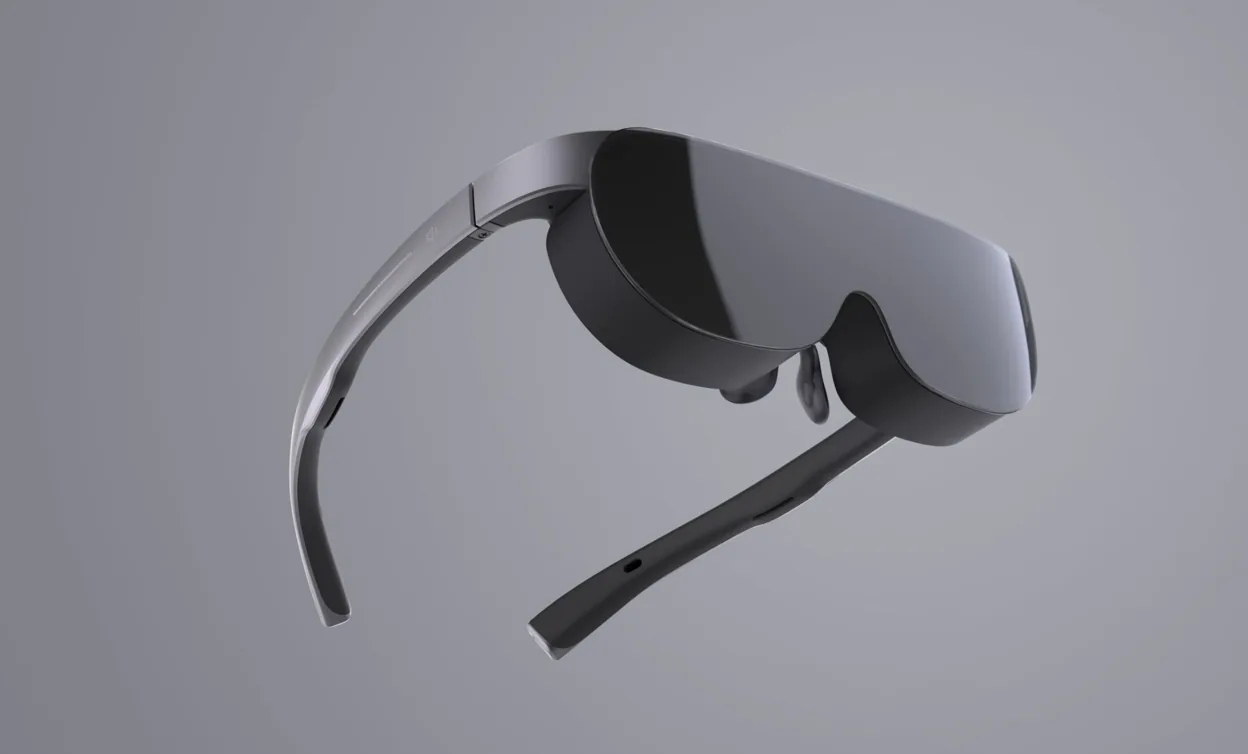
Google has recently been granted a patent for a new assistant designed to enhance the functionality of smart glasses. This assistant, which adapts its suggestions based on a user’s gaze or voice input, could significantly improve the experience of using wearables. While Google has previously explored augmented reality (AR) technologies for smart glasses, including its ambitious “Project Iris,” which was ultimately put on hold in favor of collaborating with other hardware partners, this new assistant technology might find its way into future products, whether AR glasses or other wearable devices.
The concept behind this patent is an automated assistant capable of providing real-time suggestions and interactions based on what the user is focusing on or saying. The system utilizes the smart glasses’ built-in sensors to track the user’s gaze and detect voice commands, then adapts its responses accordingly. For example, if a user is looking at a specific object, the assistant could offer information about it, or if the user asks a question, the assistant could provide a tailored answer. This level of customization would be an important step in making wearable technology more intuitive and responsive to everyday interactions.
In the patent filing, titled “Adapting assistant suggestions rendered at computerized glasses according to changes in user gaze and/or other user input,” Google explains that the assistant could utilize both visual and auditory data. This dual input allows the system to offer suggestions that are highly relevant to the user’s current environment. The glasses would continuously track the user’s focus, enabling them to receive helpful notifications, directions, or contextual information about objects or places they are engaging with in real-time.
While Google has not explicitly confirmed if these capabilities will be rolled out in a future product, the patent provides a glimpse into how the company envisions enhancing the user experience of wearable tech. With advancements in artificial intelligence, this technology could lead to smarter, more personalized devices that seamlessly integrate into daily life, helping users stay connected, informed, and engaged without the need for constant interaction with their phones or other devices.


